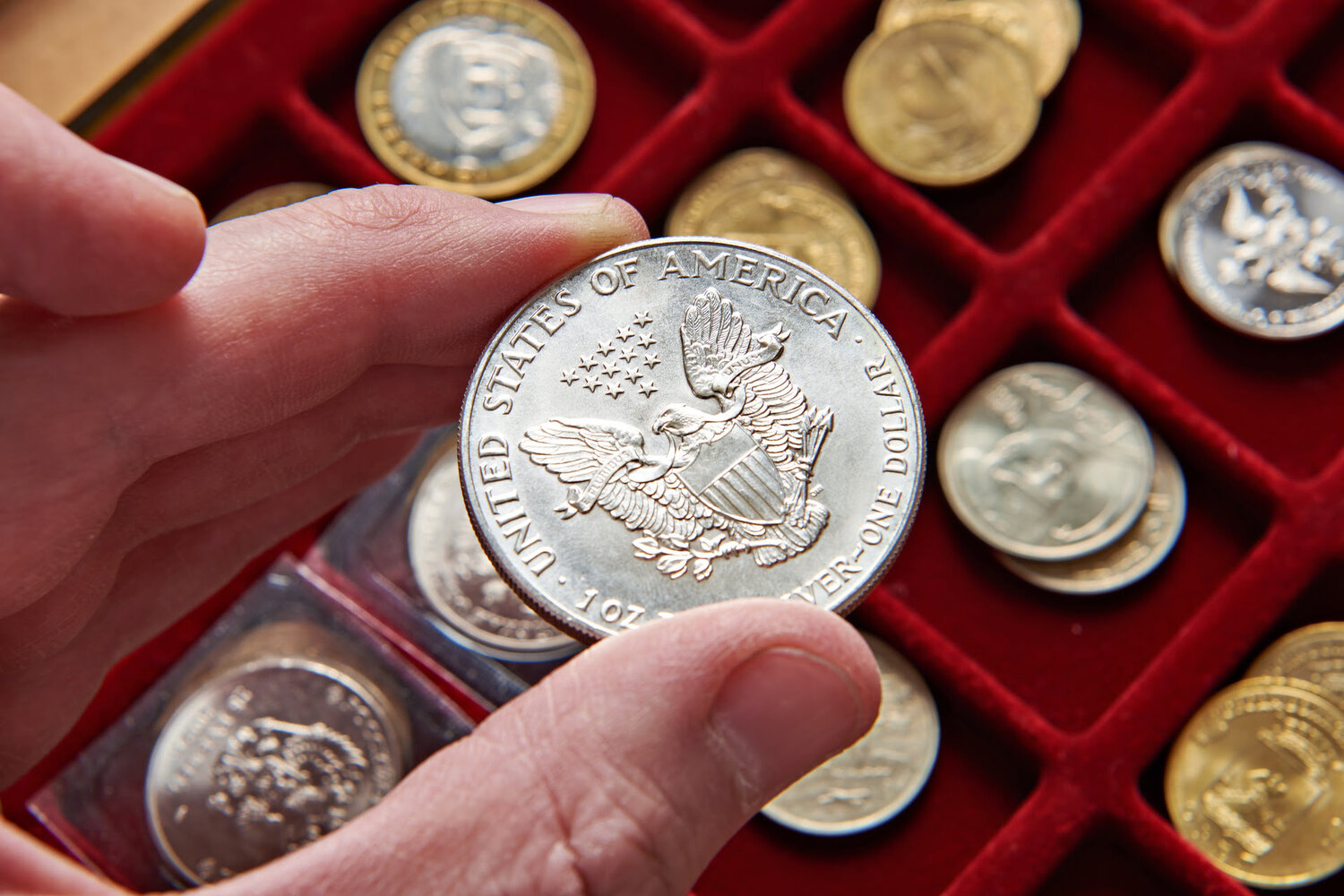

Articles
How To Store Coin Collection
Modified: January 8, 2024
Looking for tips on how to store your coin collection? Check out our informative articles that provide expert guidance and recommendations to keep your coins safe and preserved.
(Many of the links in this article redirect to a specific reviewed product. Your purchase of these products through affiliate links helps to generate commission for Storables.com, at no extra cost. Learn more)
Introduction
Welcome to the fascinating world of coin collecting! Whether you’re a seasoned numismatist or just starting out, having a proper storage system for your coin collection is essential. Not only does it help protect your valuable coins from damage, but it also allows for easy organization and display.
In this article, we will explore the various aspects of storing a coin collection, including determining the value of your coins, creating a suitable storage environment, selecting the right coin holders and albums, organizing and sorting your coins, handling and cleaning them properly, insuring your collection, protecting it from theft or damage, and keeping up-to-date records.
By following these guidelines, you can preserve the condition and value of your coin collection for years to come.
So, let’s jump right in and learn the best practices for storing your precious coin collection!
Key Takeaways:
- Proper storage, organization, and protection are essential for preserving the value and condition of your coin collection. From creating a suitable storage environment to insuring your collection, following best practices ensures long-term enjoyment and preservation.
- Regularly updating records, maintaining a secure storage environment, and seeking professional guidance for handling and cleaning your coins are crucial steps in managing and safeguarding your valuable coin collection. These practices contribute to the longevity and value of your collection.
Read more: How To Store Coins
Determining the Value of Your Coin Collection
Before you start storing your coin collection, it’s important to have a clear understanding of its value. There are several factors that can contribute to a coin’s worth, including its rarity, condition, and demand in the market.
To determine the value of your coins, you can start by conducting research on each individual coin. Look for reputable coin guides, price catalogs, online forums, and auction records that can provide you with valuable information about the coins you own.
One key factor to consider is the coin’s rarity. Rare coins are often more valuable due to their limited supply. Check the mintage numbers to determine how many of a particular coin were produced. Coins with low mintage numbers are usually more valuable than those with higher numbers.
Condition is another crucial aspect of a coin’s value. A well-preserved coin without any physical damage or wear will typically fetch a higher price. Familiarize yourself with the coin grading system, which rates coins on a scale from poor to perfect, to accurately assess the condition of your coins.
Additionally, consider the demand for the coins in the market. Some coins may be highly sought after by collectors, which can drive up their value. Keep an eye on industry news, coin auctions, and collector communities to stay informed about trends in the market.
It’s worth noting that the value of coins can fluctuate over time, so it’s a good idea to periodically reassess the worth of your collection. Stay updated on market trends and consult with experts and reputable dealers to make informed decisions.
By understanding the value of your coins, you can better prioritize their storage needs and ensure they are properly protected and maintained.
Establishing a Safe and Suitable Storage Environment
Creating a safe and suitable storage environment is crucial for preserving the condition and value of your coin collection. Here are some key considerations:
Temperature and Humidity: Coins are sensitive to extreme temperatures and high humidity, as they can cause corrosion and deterioration. It’s important to store your coins in a controlled environment with stable temperature and humidity levels. Aim for a temperature between 65-70 degrees Fahrenheit (18-21 degrees Celsius) and a relative humidity of 50-55%. Avoid storing coins in basements, attics, or areas prone to temperature fluctuations.
Light Exposure: Prolonged exposure to light, especially sunlight and UV rays, can cause fading and discoloration of coins. Store your coins in a dark or low-light environment to minimize any potential damage. Consider using UV-filtering sleeves or cases for added protection.
Air Quality: It’s important to maintain good air quality in your storage area to prevent the buildup of pollutants and contaminants that can harm your coins. Avoid areas with excessive dust, dirt, or chemicals. Store your coins in a clean and dust-free environment.
Security: Protecting your coin collection from theft is essential. Consider investing in a secure storage solution such as a locked cabinet, safe, or safety deposit box. Choose a storage option that provides both physical security and protection against fire or water damage.
Insurance: While taking precautions to ensure the safety of your collection, it’s also wise to have adequate insurance coverage. Consult with your insurance provider to determine if your coin collection is covered under your existing policy, or if you need to purchase additional coverage. Keep detailed records and appraisals of your coins to facilitate the claims process in case of loss or damage.
Regular Inspection: Regularly inspect your storage area and coins for any signs of damage, pests, or environmental changes. This will allow you to address any issues promptly to prevent further damage.
By creating a safe and suitable storage environment, you can protect your coin collection from the damaging effects of temperature, humidity, light, and other external factors. This ensures that your coins remain in optimal condition for years to come.
Selecting the Right Coin Holders and Albums
Choosing the appropriate coin holders and albums is essential for effectively storing and displaying your coin collection. Here are some considerations to help you make the right selections:
Individual Coin Holders: Individual coin holders, such as coin capsules or flips, are a popular choice for storing individual coins. They provide protection against physical damage, fingerprints, and environmental elements. When selecting coin holders, ensure that they are made of archival-quality materials that are free from PVC and other chemicals that can harm coins over time.
Coin Tubes and Rolls: Coin tubes and rolls are ideal for storing larger quantities of coins. They provide a convenient and compact storage solution, allowing for easy organization and secure transportation.
Coin Albums and Pages: Coin albums are a popular choice for displaying and organizing your coin collection. They typically come with plastic pages or inserts that securely hold individual coins. Look for albums with acid-free and PVC-free pages to ensure long-term preservation. Consider albums with clear pockets for easy viewing and labels to categorize your collection.
Slab Holders: Slab holders, also known as coin slabs, are rigid plastic holders that encase a coin along with its grading certification. They offer the highest level of protection and are commonly used for valuable or high-grade coins. Keep in mind that slab holders are bulkier and may not be suitable for large collections.
Custom Displays: If you wish to showcase your coin collection, consider custom displays such as coin trays or shadow boxes. These allow for creative and personalized arrangements, adding an aesthetic touch to your collection.
When selecting coin holders and albums, consider the size and shape of your coins, as well as your storage and display preferences. It’s important to choose holders that provide proper protection, are easy to handle, and facilitate easy access for inspections and cataloging.
Remember to label and document the details of each coin, such as its date, denomination, mintmark, and any special characteristics. This will help you maintain a comprehensive inventory of your collection.
By carefully selecting the right coin holders and albums, you can not only protect your coins from damage but also showcase them in an organized and visually appealing manner.
Organizing and Sorting Your Coins
Proper organization and sorting are essential for maintaining an efficient and well-managed coin collection. Here are some tips to help you organize and sort your coins:
Categorize by Country or Region: One common method of organization is to group your coins by country or region. Create separate sections or albums for each country or region and sort the coins accordingly. This helps you easily locate and browse through coins from specific areas.
Sort by Denomination: Another approach is to sort your coins by denomination. Create sections or albums for different coin denominations, such as pennies, nickels, dimes, quarters, and so on. This allows for quick identification and comparison of coins within the same denomination.
Arrange by Year or Era: To track the historical progression of your coin collection, consider organizing them chronologically by year or era. This method allows you to observe changes in coin designs, mintmarks, and other characteristics over time.
Group by Coin Type or Series: If you have a collection that focuses on specific coin types or series, it can be helpful to group them together. This could include coins from a particular series, commemorative coins, or coins featuring a specific theme or design.
Consider Numismatic Variations: For collectors interested in numismatic variations, such as different mintmarks, errors, or special editions, organizing your coins based on these variations can be beneficial. This allows you to track and compare the different versions of a particular coin.
Use Dividers or Tabs: Within your chosen method of organization, use dividers or tabs to create separate sections or categories. This makes it easier to browse through and locate specific coins. Consider labeling the dividers with country names, denominations, or other relevant information.
Maintain Consistent Cataloging: It’s important to maintain consistent cataloging of your coins, regardless of the chosen organization method. Keep a record of each coin’s relevant details, such as date, denomination, mintmark, and any notable features. This will help you easily track and manage your collection.
Regularly review and update your organization system as your collection grows and evolves. This ensures that your coins are easily accessible, well-documented, and neatly arranged.
By implementing a systematic approach to organizing and sorting your coins, you can enhance the overall management and enjoyment of your collection.
Read more: How To Store Gold Coins
Handling and Cleaning Your Coins Properly
When it comes to handling and cleaning your coins, it’s crucial to exercise caution and follow proper procedures to avoid damaging or degrading their condition. Here are some essential guidelines to keep in mind:
Handle Coins with Clean Hands: Before handling your coins, make sure your hands are clean and free from oils, lotions, or any other substances that could transfer onto the coins. Oils and contaminants can cause tarnishing or discoloration over time. Ideally, wear gloves made of cotton or nitrile to minimize direct contact with the coins.
Avoid Excessive Touching: Limit the amount of direct contact with your coins as much as possible. Excessive touching can leave fingerprints and may cause micro-abrasions or scratches, especially on coins with delicate surfaces. Handle coins by their edges, using gentle and controlled movements.
Protect Coins During Handling: If you need to examine a coin closely or take a closer look at its details, place the coin on a clean, soft, and padded surface. This prevents accidental drops or damage due to mishandling. Avoid handling coins over hard surfaces that could cause them to bounce or roll away.
Avoid Harsh Cleaning Methods: Generally, it’s best to avoid cleaning coins unless absolutely necessary. Cleaning can potentially damage the surfaces and patina of coins, reducing their value. If you must clean a coin, use non-abrasive methods and gentle techniques. Consult with a professional or experienced numismatist for guidance on appropriate cleaning methods for specific coin types.
Never Use Chemical Cleaners: Avoid using chemical cleaners, solvents, or polishes on your coins. These substances can react with the metal, potentially causing discoloration, stains, or other irreversible damage. Stick to non-abrasive and non-reactive cleaning methods if absolutely necessary.
Store Coins Properly After Cleaning: If you do clean a coin, ensure it is completely dry before placing it back into storage. Moisture can lead to corrosion and other forms of damage. Use soft, clean, and lint-free cloth or tissue to gently pat dry the coin. Allow it to air dry for a sufficient period before storing it in the proper coin holder or album.
Seek Professional Assistance: If you are unsure about handling or cleaning a particular coin, it’s always best to seek professional assistance. Experienced numismatists or coin conservation experts can provide valuable guidance and advice on proper handling and cleaning practices.
Remember, the goal of handling and cleaning coins is to preserve their original condition and prevent unnecessary damage. With careful and cautious handling, you can maintain the beauty and value of your coin collection for years to come.
Store your coin collection in a cool, dry place to prevent damage from moisture and humidity. Use acid-free holders or albums to protect the coins from oxidation and scratches.
Insuring Your Coin Collection
When it comes to your coin collection, it’s important to protect your investment by obtaining the right insurance coverage. Insuring your collection provides peace of mind and financial protection against loss, damage, theft, or other unexpected events. Here are some key steps to consider when insuring your coin collection:
Evaluate Your Collection’s Value: Before seeking insurance coverage, it’s essential to determine the estimated value of your coin collection. Conduct a thorough appraisal by consulting with professional coin dealers, numismatic experts, or independent appraisers who specialize in coins. Their expertise will help provide an accurate assessment of your collection’s worth.
Understand Insurance Policies: Familiarize yourself with insurance policies specific to coin collections. Some insurance companies offer specialized coverage for collectibles, including coins. Review policies carefully to understand coverage limits, exclusions, deductibles, and any additional requirements or conditions.
Choose the Right Insurance Provider: Work with a reputable insurance company that has experience in insuring coin collections. Seek recommendations from other collectors, numismatic organizations, or professional associations for insurance providers with a strong track record in the industry.
Review Policy Coverage: Ensure that the insurance policy adequately covers the full value of your coin collection. Assess if the policy covers various risks, such as theft, loss, damage, or even accidental misplacement. Additionally, understand any limitations or exclusions that may be stated in the policy, as these could impact your coverage.
Document Your Collection: Maintain detailed records of your coin collection, including photographs, descriptions, certificates of authenticity, or any other relevant documentation. These records will serve as evidence of ownership and help facilitate the claims process in case of loss or damage.
Regularly Update Coverage: As your coin collection grows or changes in value, it’s important to reassess your insurance coverage periodically. Keep your insurance provider informed about any significant acquisitions, sales, or changes in the value of your collection. This will help ensure that your coverage remains up to date.
Secure and Protect Your Collection: Take necessary precautions to protect your collection, such as maintaining a safe and secure storage environment, using locking cabinets or safes, and implementing security systems. These measures can potentially lower insurance premiums and may be required by your insurance provider.
Review and Understand Policy Exclusions: Carefully review any exclusions in your insurance policy. Some policies may have limitations on coverage for certain types of coins or for coins exceeding a certain value. Be aware of these exclusions and consider additional coverage options, if needed.
Remember, insurance coverage is an important aspect of responsible coin collecting. Consult with insurance professionals who are knowledgeable in collectibles insurance to ensure that your coin collection is adequately protected.
Protecting Your Collection from Theft or Damage
Protecting your coin collection from theft or damage is of utmost importance to ensure its long-term preservation and value. Here are some essential strategies to safeguard your collection:
Secure Storage: Store your coin collection in a secure and locked cabinet, safe, or safety deposit box. Ensure that the storage solution you choose provides protection against theft, fire, and water damage. Additionally, consider anchoring your storage unit to a secure location to deter theft.
Limit Access: Control access to your collection by only allowing trusted individuals to handle or view it. Be mindful of who has knowledge of your collection and its location. Avoid displaying or discussing your collection openly, especially in public spaces or on social media.
Install Security Systems: Protect your home or storage area with security systems, including burglar alarms, surveillance cameras, or motion sensors. These measures can discourage potential thieves and provide evidence in case of a theft.
Inventory and Documentation: Maintain a detailed inventory of your coin collection, including photographs, descriptions, and any relevant documentation. This serves as evidence of ownership and assists in the recovery process in the event of theft or loss. Keep copies of inventory records in a safe place outside of your home.
Consider Off-Site Storage: If your collection is extensive or consists of extremely valuable coins, you may want to consider utilizing off-site storage options. This provides an additional layer of security and protection, particularly from unforeseen events or natural disasters.
Insurance Coverage: Ensure that your coin collection is adequately insured against theft, loss, or damage. Consult with reputable insurance providers who specialize in collectibles to determine the appropriate coverage for your collection. Review and update your coverage regularly as the value of your coins may change over time.
Discreet Packaging: When transporting or shipping coins, use discreet and unmarked packaging. Avoid indicating the contents of the package to minimize the risk of theft. Use insured and tracked shipping methods to provide a level of security during transit.
Participate in Coin Clubs or Organizations: Join local coin clubs or organizations to connect with fellow collectors and gain access to resources and information regarding security measures and best practices. These groups often provide valuable insights and tips for protecting your collection.
Maintain Confidentiality: Be cautious about sharing information about your collection with strangers or unfamiliar individuals. Exercise discretion when discussing your collection or displaying it publicly to minimize the risk of theft or targeted attacks.
By implementing these protective measures, you significantly reduce the risk of theft or damage to your coin collection. Remember that prevention is key when it comes to safeguarding your valuable coins.
Keeping Records and Updating Your Collection
Maintaining accurate records and regularly updating your coin collection is essential for effective management and tracking of your coins. Here are some important steps to consider:
Create a Systematic Catalog: Establish a systematic cataloging system for your collection. Assign each coin a unique identification number or code and record pertinent information such as date, mintmark, denomination, and any notable characteristics. This catalog serves as a reference point for tracking and organizing your collection.
Use Digital Tools: Utilize digital platforms and coin collecting software to facilitate record-keeping. There are various applications and programs available that allow you to efficiently store and update your collection details. These tools often provide additional functionalities such as inventory management, valuation tracking, and image storage.
Record Acquisition and Disposal: Document the acquisition and disposal of coins in your collection. Record the date and method of acquisition, including purchases, trades, or gifts. Likewise, note any coins you sell, trade, or donate. This information helps you maintain an accurate history of your collection.
Update Valuations: Regularly update the valuations of your coins to reflect changes in market value. Keep track of market trends, auctions, and price catalogs to stay informed about the current value of your coins. This allows you to assess the growth and value of your collection over time.
Include Condition Assessments: Include condition assessments in your records. Notate any changes or updates in the condition of your coins, such as damage, discoloration, or wear. This information is useful for insurance purposes, determining future maintenance needs, and assessing the long-term preservation of your collection.
Document Certificates and Authenticity: Keep detailed records of any certificates of authenticity, grading reports, or other relevant documentation for your coins. Note the date, issuer, and any important details from these certificates. This helps establish the authenticity and provenance of your coins.
Conduct Regular Reviews: Set aside regular intervals to review and update your collection records. This can be done quarterly, annually, or as per your preference. Use this time to verify and document any new additions or changes to your collection, as well as to identify any gaps or missing information in your records.
Seek Professional Appraisals: Periodically seek professional appraisals to assess the value and condition of your collection. Numismatic experts can provide valuable insights and appraisals based on their knowledge and experience. This assists in keeping your records accurate and up to date.
Backup and Secure Data: Back up your collection records and digital data regularly. Use external drives, cloud storage, or other secure methods to protect your collection information from data loss or computer malfunctions. Store backups in a secure location separate from your physical collection to ensure redundancy.
Share Your Records: Consider sharing your records with trusted individuals or family members who may inherit or assist with your collection in the future. This ensures the continuity and preservation of your collection’s history and information.
By diligently keeping records and regularly updating your collection, you can effectively manage, track, and preserve your coins. These records serve as a valuable resource for understanding the evolution and value of your collection over time.
Read more: How To Store Silver Coins
Frequently Asked Questions (FAQs)
1. How should I store my coin collection?
It’s important to store your coin collection in a safe and suitable environment. Choose a location with stable temperature and humidity levels, away from direct light exposure. Use proper coin holders, albums, or other storage solutions to protect your coins from damage.
2. Should I clean my coins?
In general, it is best to avoid cleaning coins unless absolutely necessary. Cleaning can potentially damage a coin’s surface and affect its value. If cleaning is necessary, use non-abrasive methods and gentle techniques. Consult with experts for guidance on appropriate cleaning practices for specific coins.
3. How do I determine the value of my coins?
Determining the value of your coins can be done by conducting research, consulting price catalogs, and referencing reputable coin guides. Factors such as rarity, condition, and demand in the market contribute to a coin’s value. Consider seeking professional appraisals for accurate assessments.
4. How often should I update my insurance coverage?
You should regularly review and update your insurance coverage as the value of your coin collection changes. Major acquisitions, sales, or changes in market conditions may necessitate adjustments to your coverage. Consult with your insurance provider to discuss any changes that may impact your coverage.
5. How can I protect my coin collection from theft?
To protect your collection from theft, consider secure storage solutions such as locked cabinets, safes, or safety deposit boxes. Install security systems at your home or storage location, and limit access to trusted individuals. Avoid displaying your collection openly and be cautious about sharing information about your collection.
6. What should I do if I discover damage to my coins?
If you discover damage to your coins, assess the severity and determine if professional conservation is necessary. Avoid further handling of damaged coins, and consult with coin conservation experts or professional numismatists for guidance on appropriate measures to preserve or repair the coins.
7. How should I handle and store graded coins?
Graded coins, also known as slabbed coins, are encapsulated in a rigid plastic holder. It is important to handle graded coins by their edges to avoid touching the plastic surface, as fingerprints can affect the visibility of the coin inside. Store graded coins in an upright position to prevent any movement within the holder.
8. Should I join a coin club or organization?
Joining a coin club or organization can provide access to a community of collectors who can offer valuable insights, advice, and resources. Coin clubs often organize events, auctions, and educational programs that can enrich your coin collecting experience.
9. Is it important to maintain records of my collection?
Keeping detailed records of your coin collection is crucial for effective management. Records help track the history, value, and condition of your coins. They also serve as evidence of ownership and can assist in the insurance claims process or future appraisals.
10. Can I sell or trade coins from my collection?
Yes, you can sell or trade coins from your collection. Research market prices and consult with reputable dealers or collectors to ensure you receive fair value for your coins. Keep documentation of any sales or trades for your records and consider the potential impact it may have on your insurance coverage.
Remember, if you have any specific inquiries or concerns about your coin collection, it’s always best to consult with professionals or experts for tailored advice and guidance.
Conclusion
Building and managing a coin collection is an exciting and rewarding endeavor. By following the best practices outlined in this article, you can ensure the long-term preservation, protection, and enjoyment of your valuable coins.
Determining the value of your coins, establishing a suitable storage environment, selecting the right coin holders and albums, organizing and sorting your collection, handling and cleaning your coins properly, insuring your collection, and protecting it from theft or damage are all key aspects to consider.
Remember, a safe and controlled storage environment, along with proper handling techniques, is crucial to prevent damage and maintain the condition of your coins. Insurance coverage provides essential protection against loss, theft, or damage, while regular updates and record-keeping keep your collection well-managed and documented.
Engaging with coin clubs and organizations can connect you with fellow enthusiasts and provide valuable resources and knowledge to enhance your collecting journey. By continuously learning and staying informed about market trends and industry developments, you can make informed decisions and continue to expand your collection.
Enjoy the process of collecting and take pride in curating a unique and valuable coin collection that reflects your passion and interests. Whether you are a seasoned collector or just starting out, keep exploring, learning, and sharing your love for coins with others.
Remember, your collection is more than just a series of coins – it is a tangible representation of history, artistry, and the diverse cultures that have shaped our world.
Preserve, protect, and enjoy your coin collection for generations to come!
Frequently Asked Questions about How To Store Coin Collection
Was this page helpful?
At Storables.com, we guarantee accurate and reliable information. Our content, validated by Expert Board Contributors, is crafted following stringent Editorial Policies. We're committed to providing you with well-researched, expert-backed insights for all your informational needs.
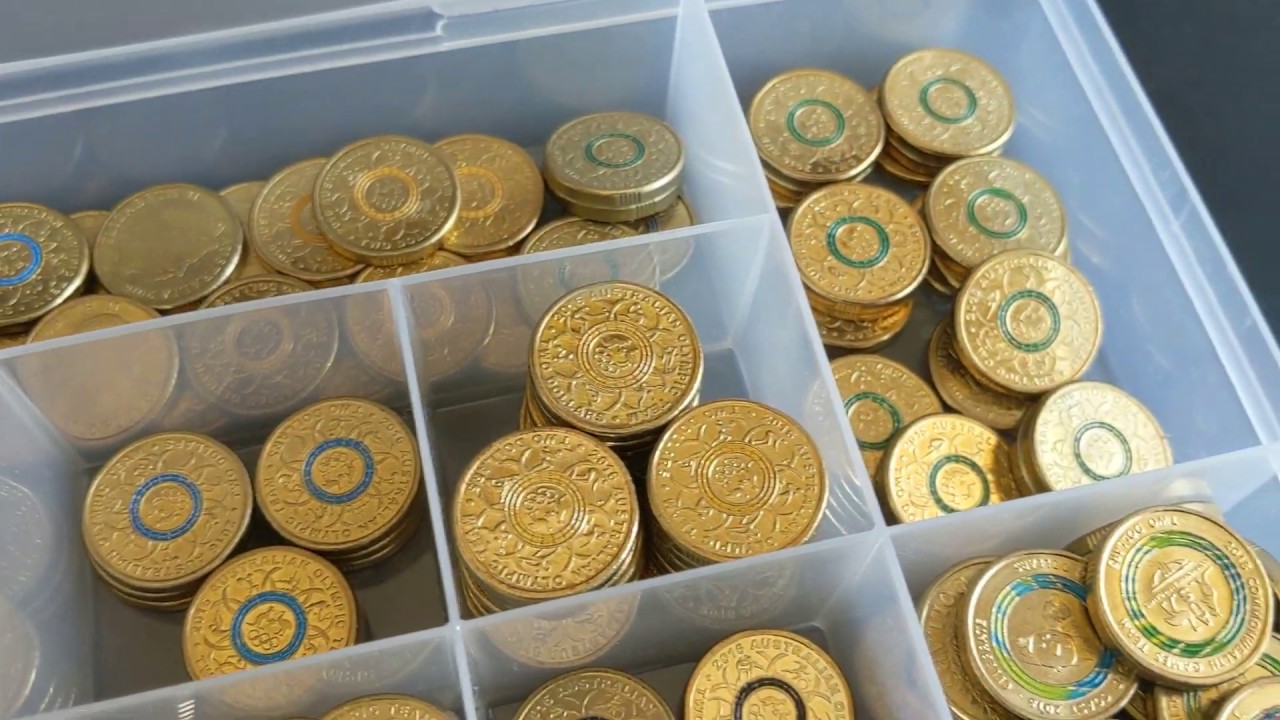
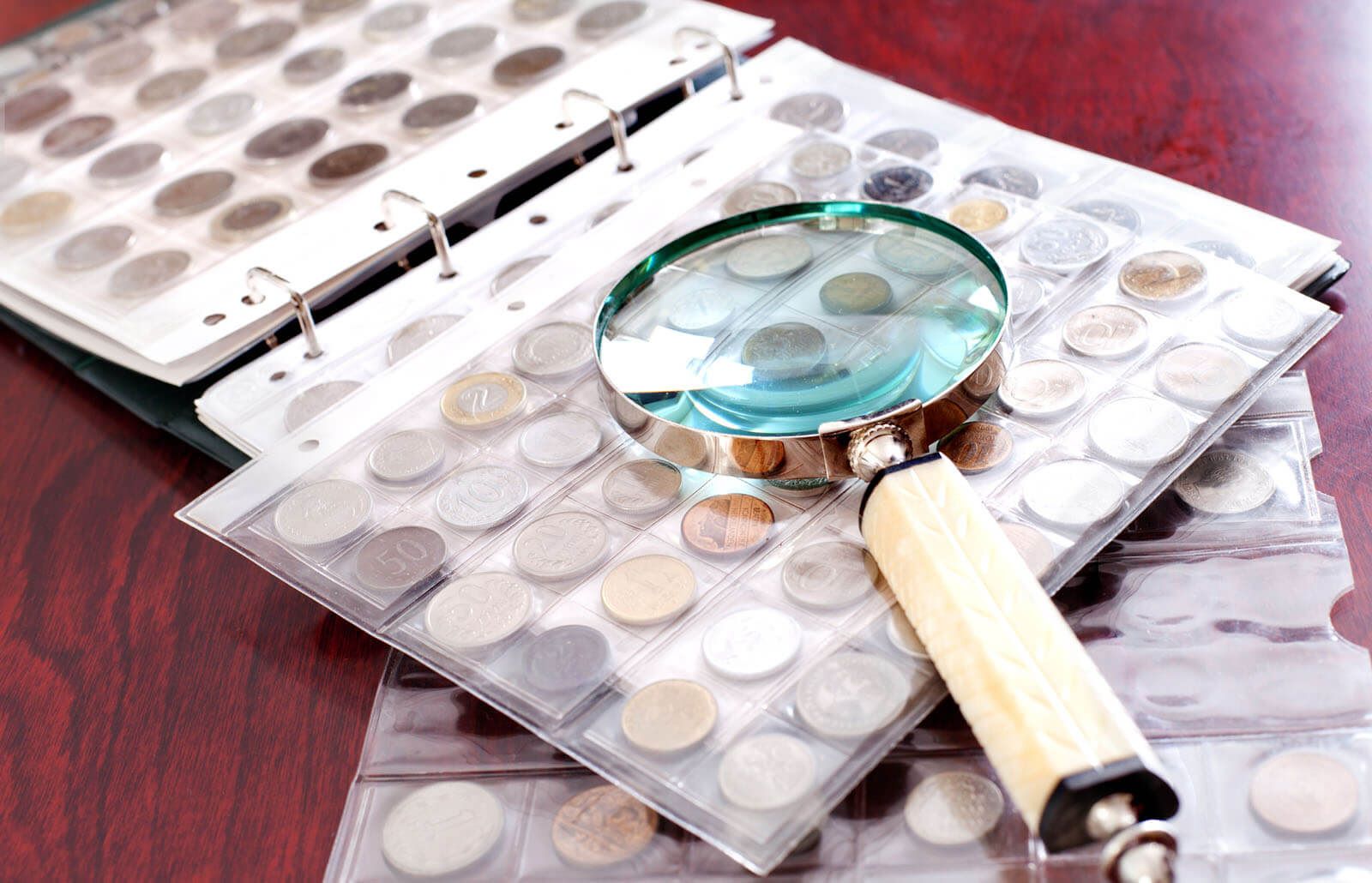
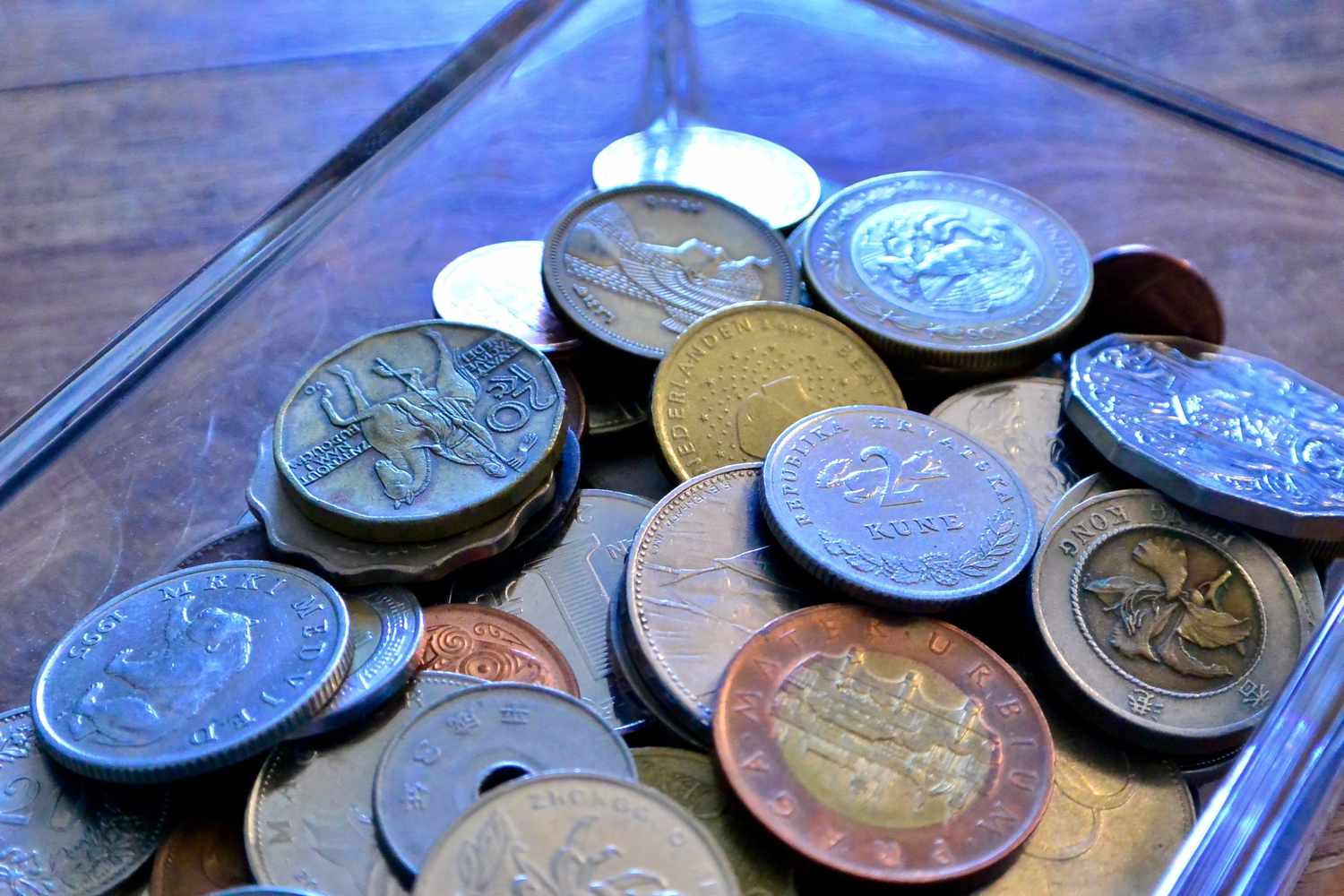
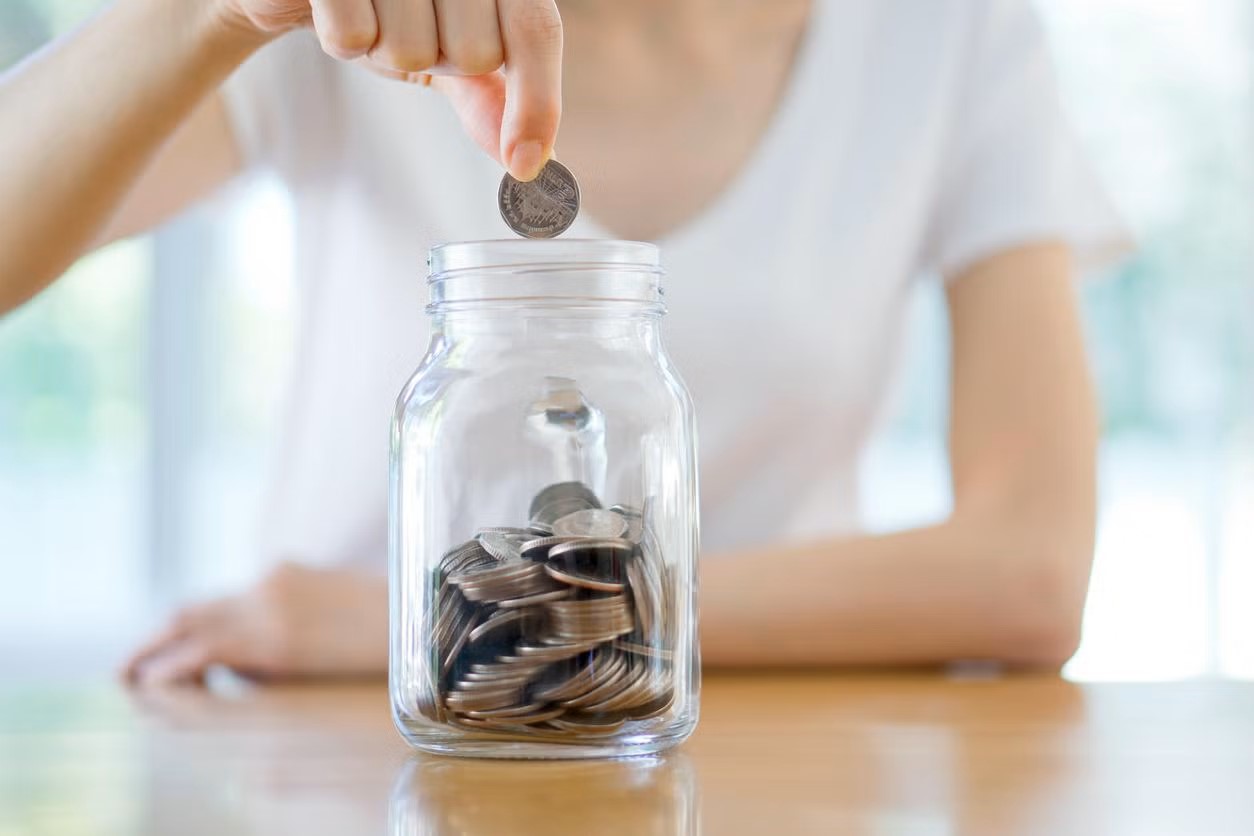
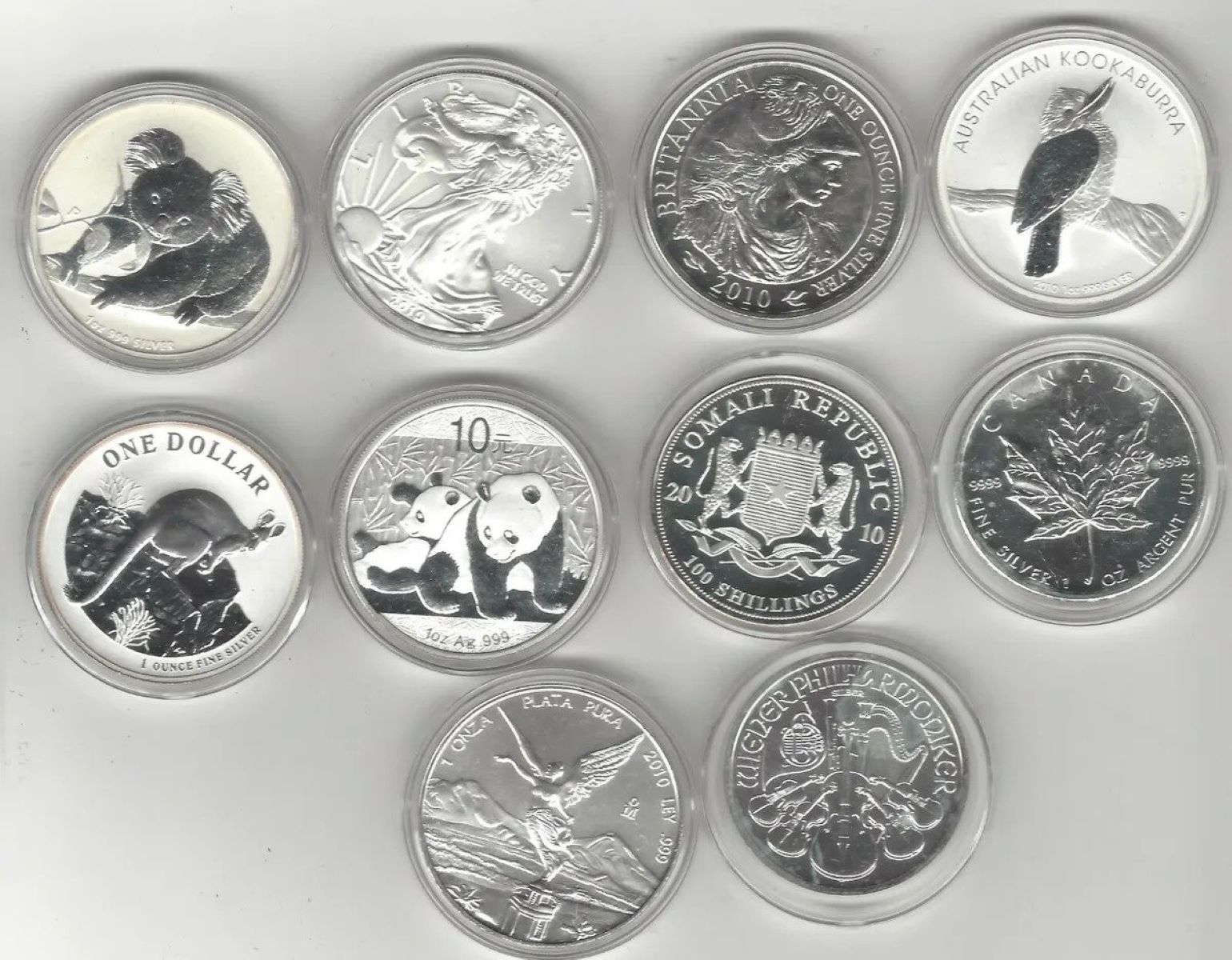
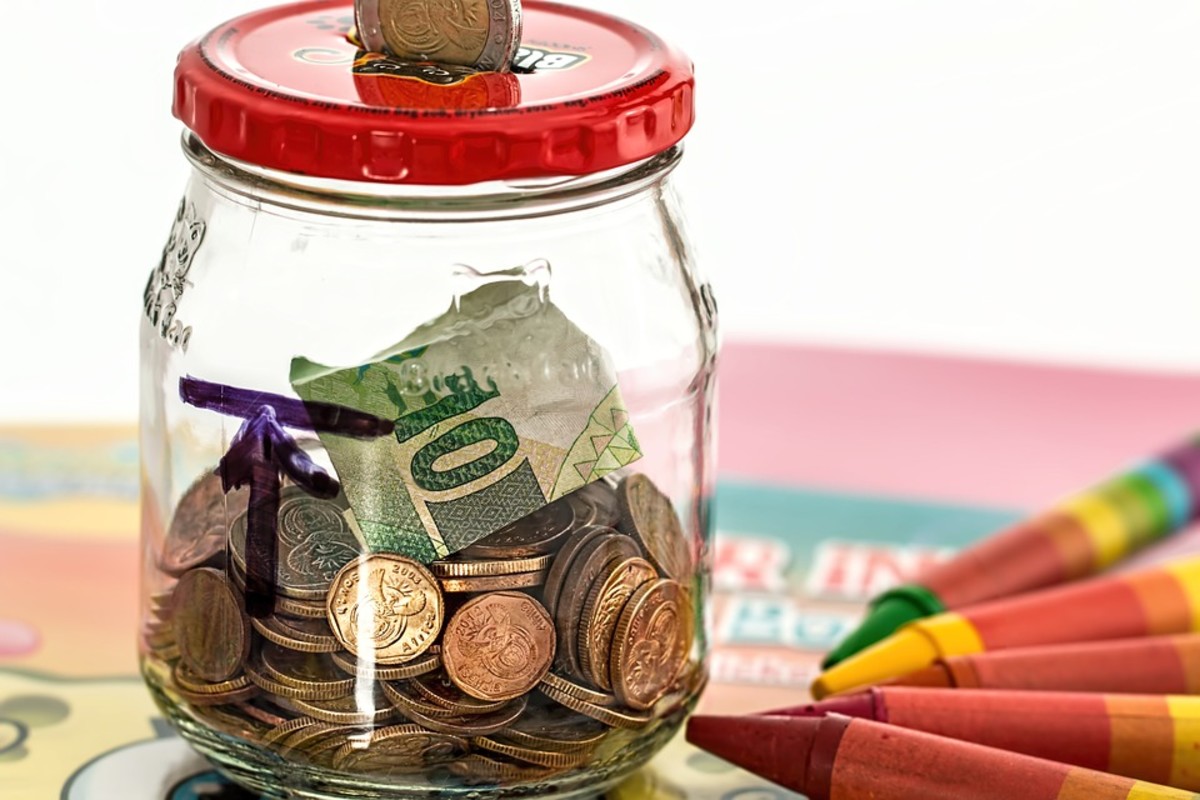
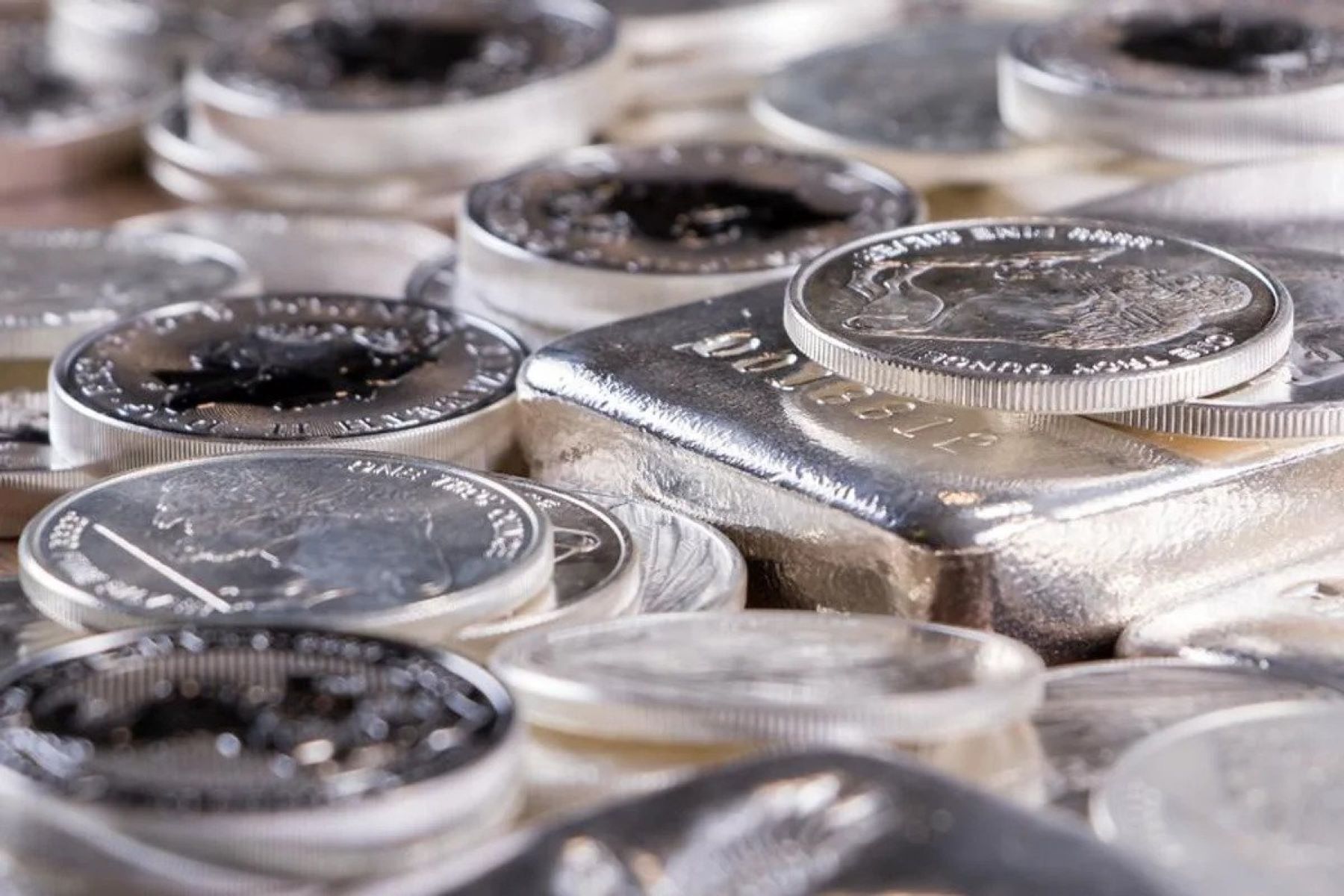
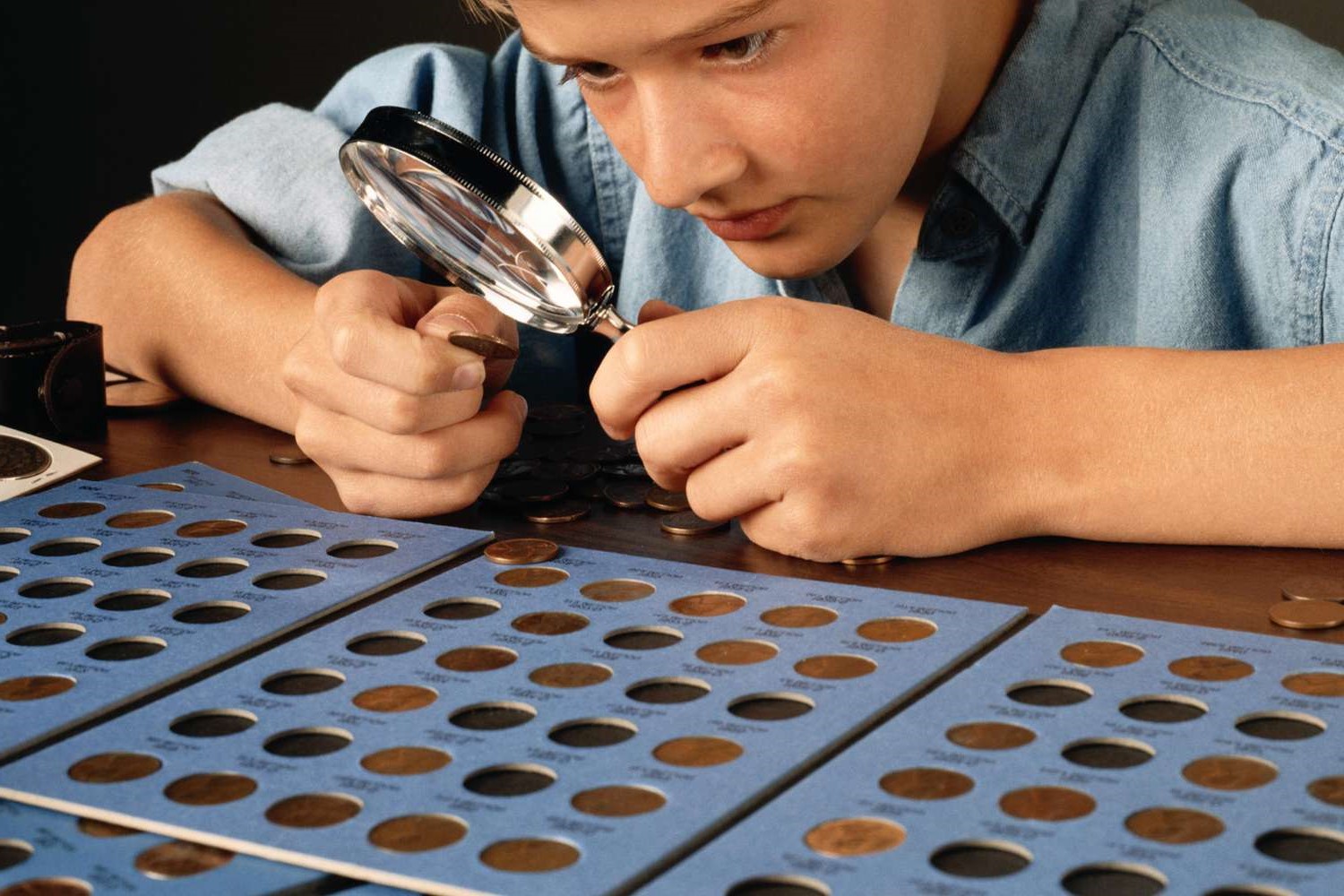
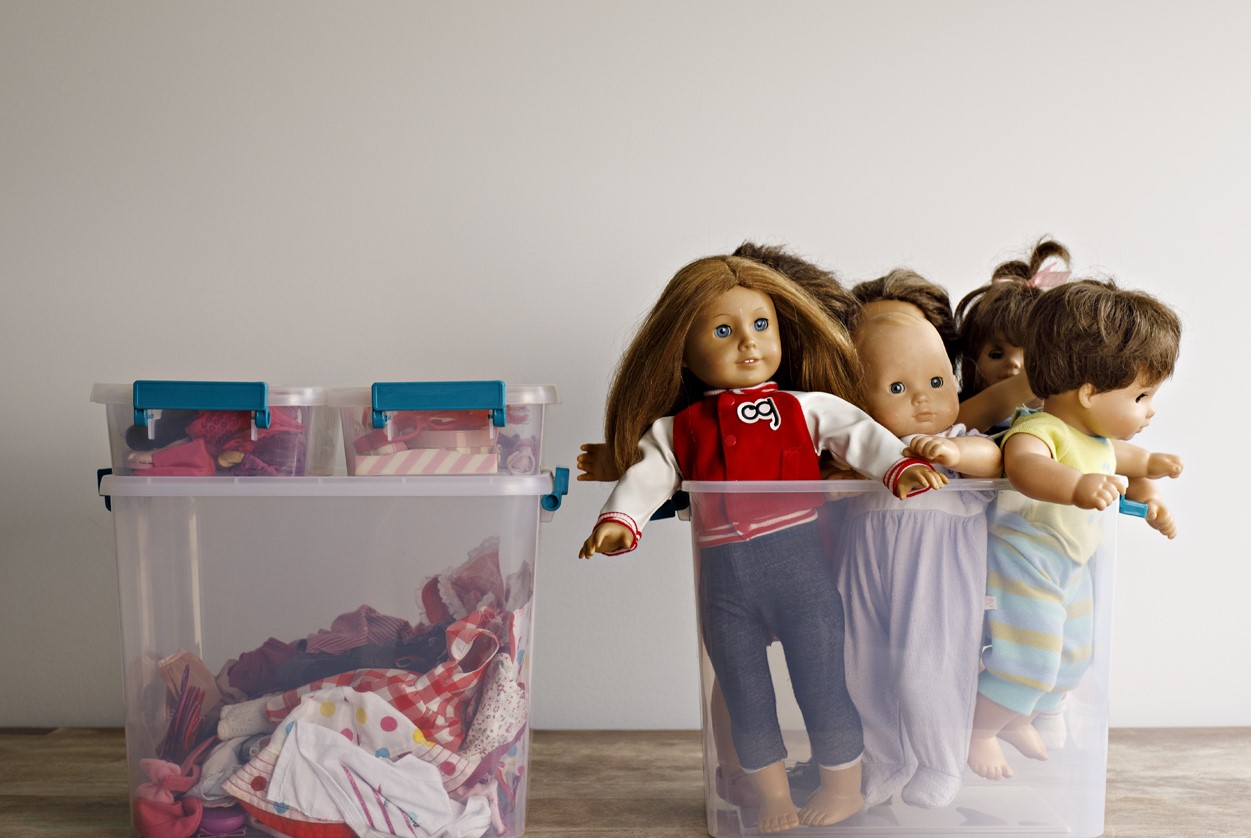
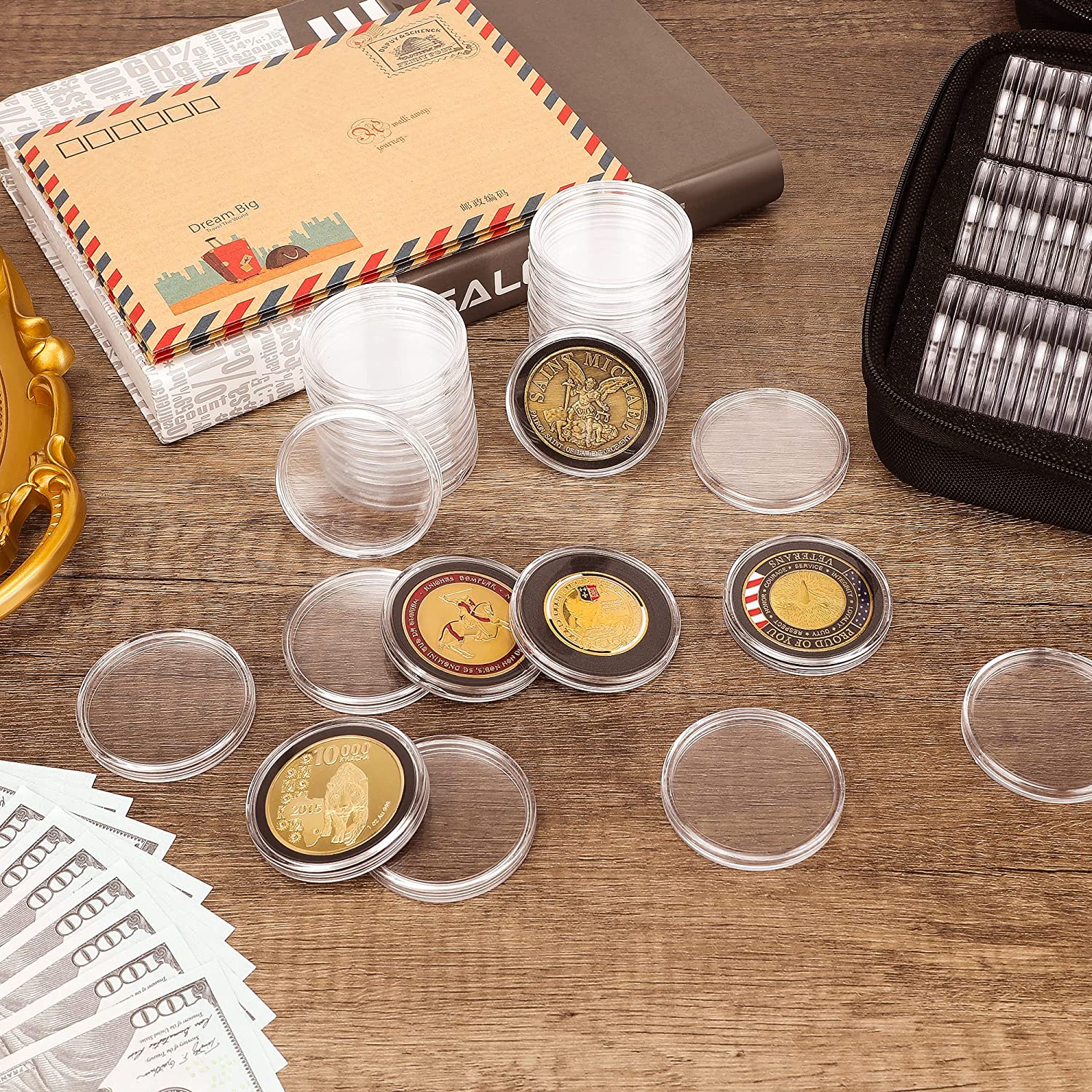
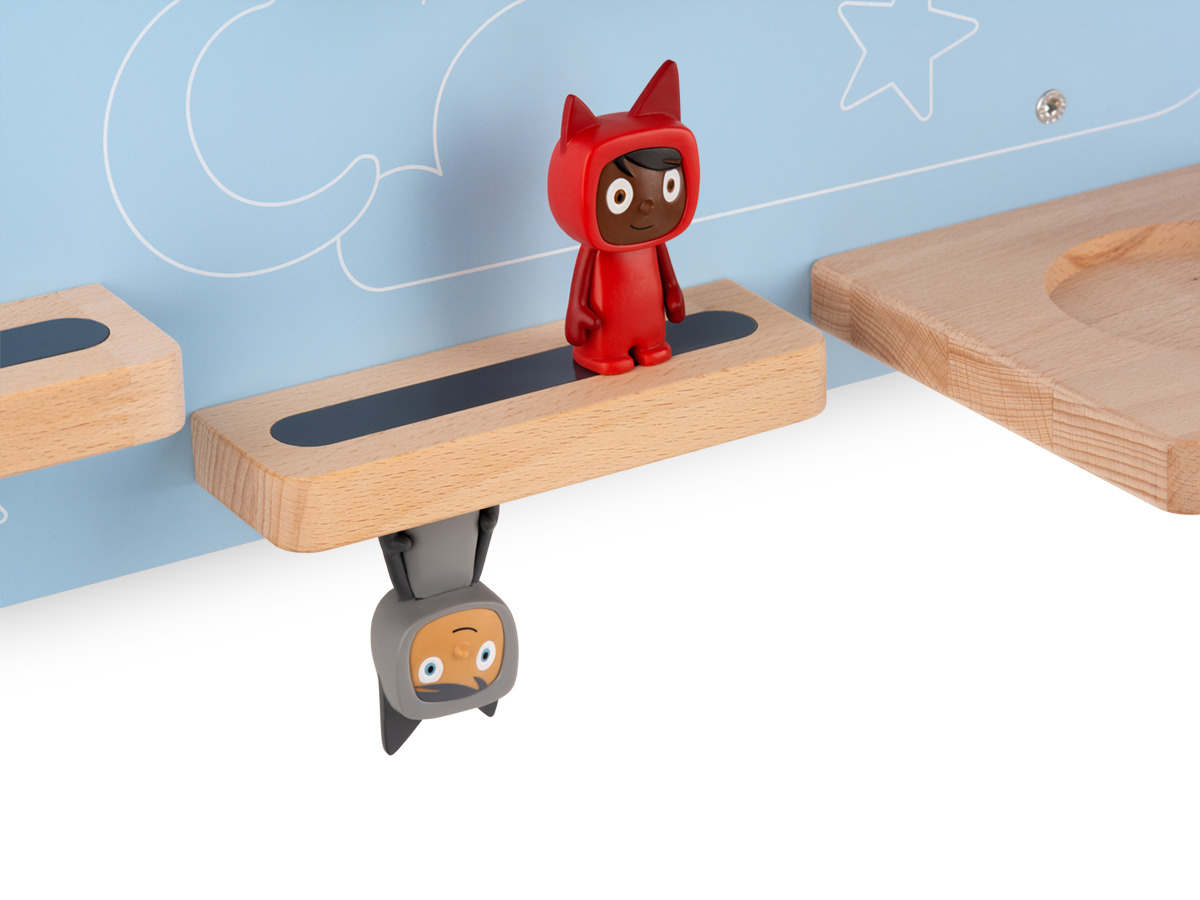
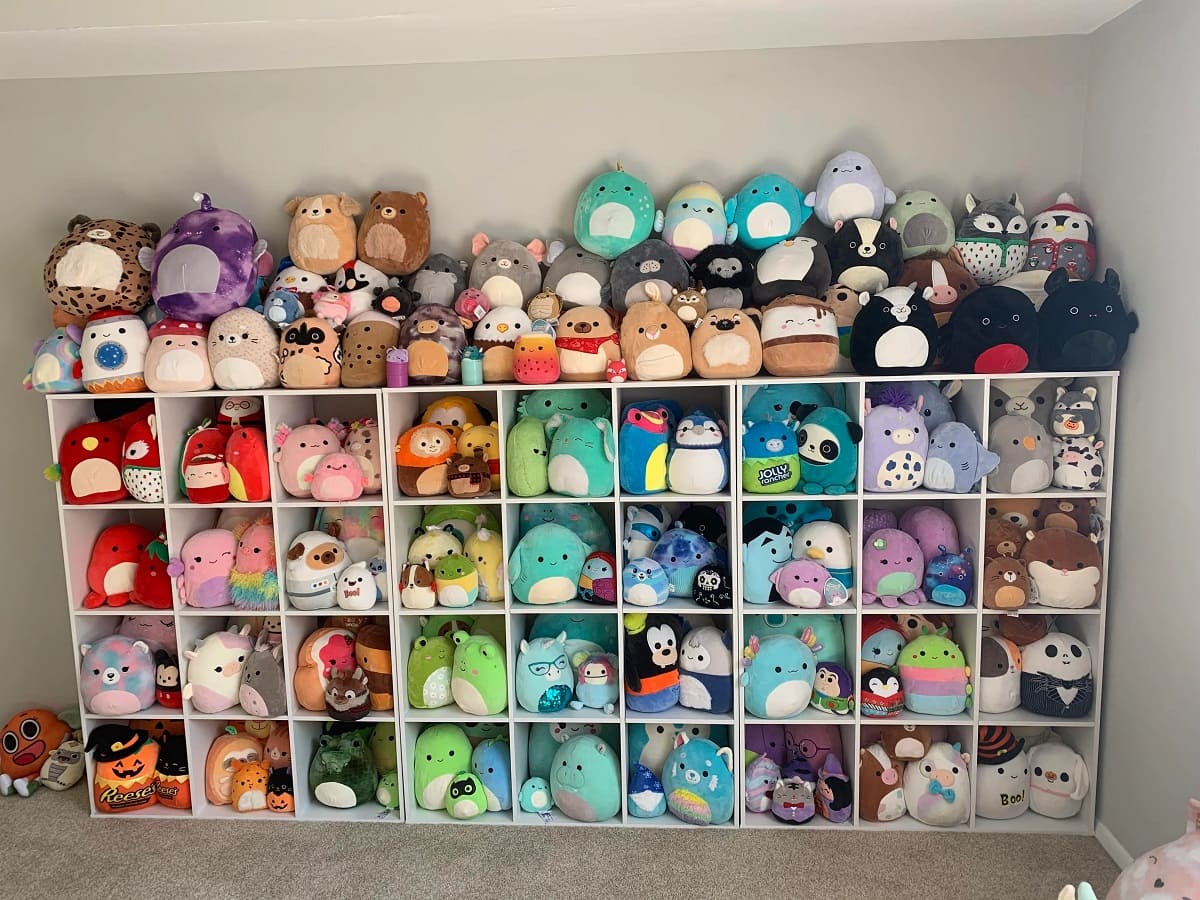
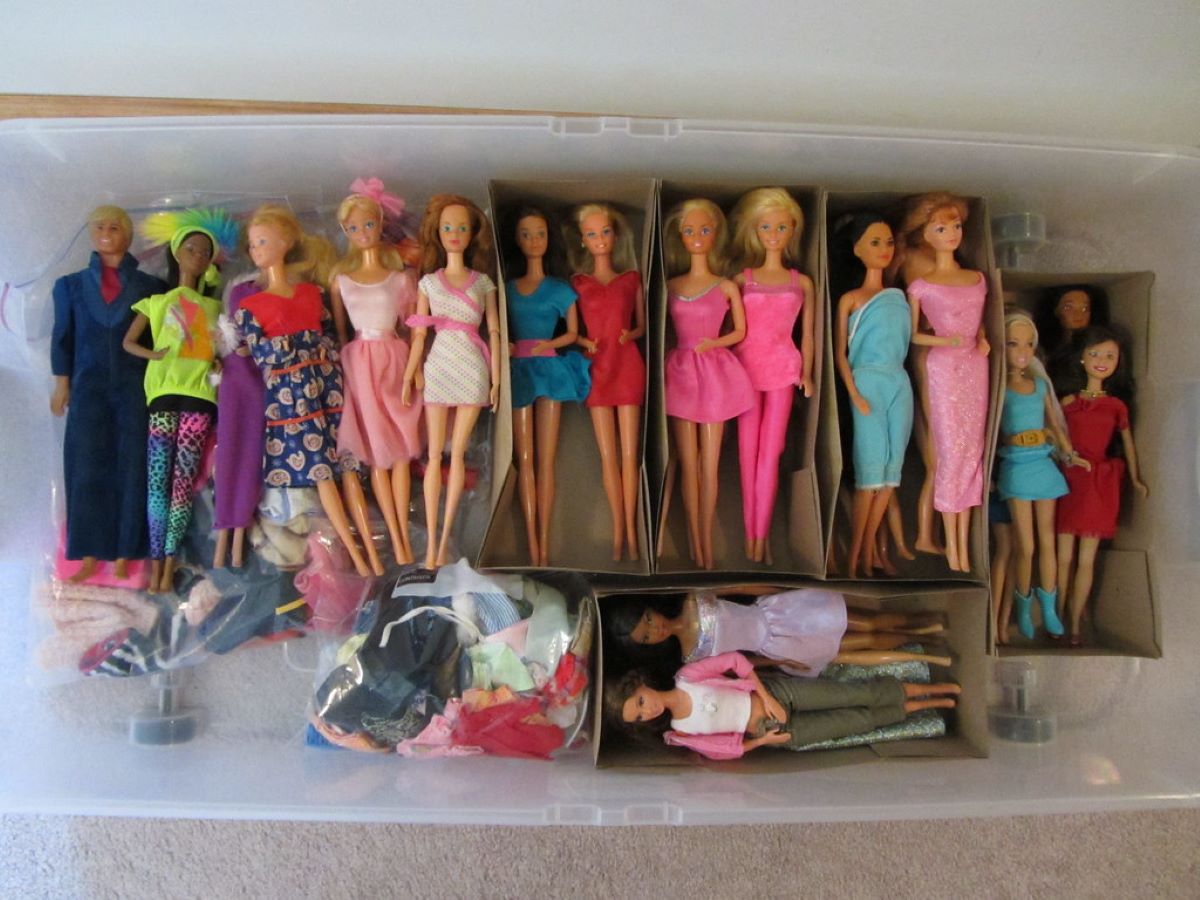

0 thoughts on “How To Store Coin Collection”